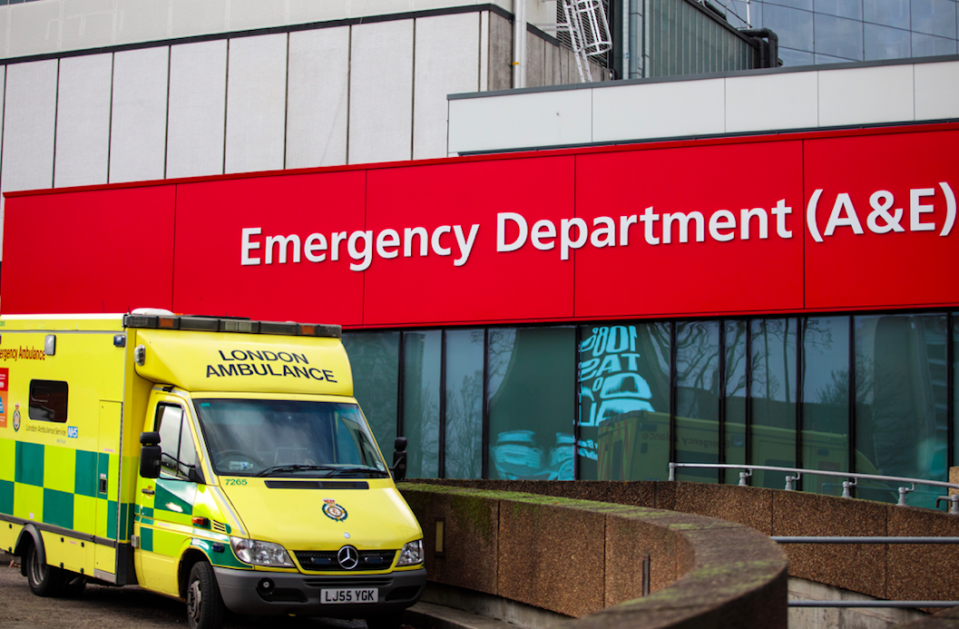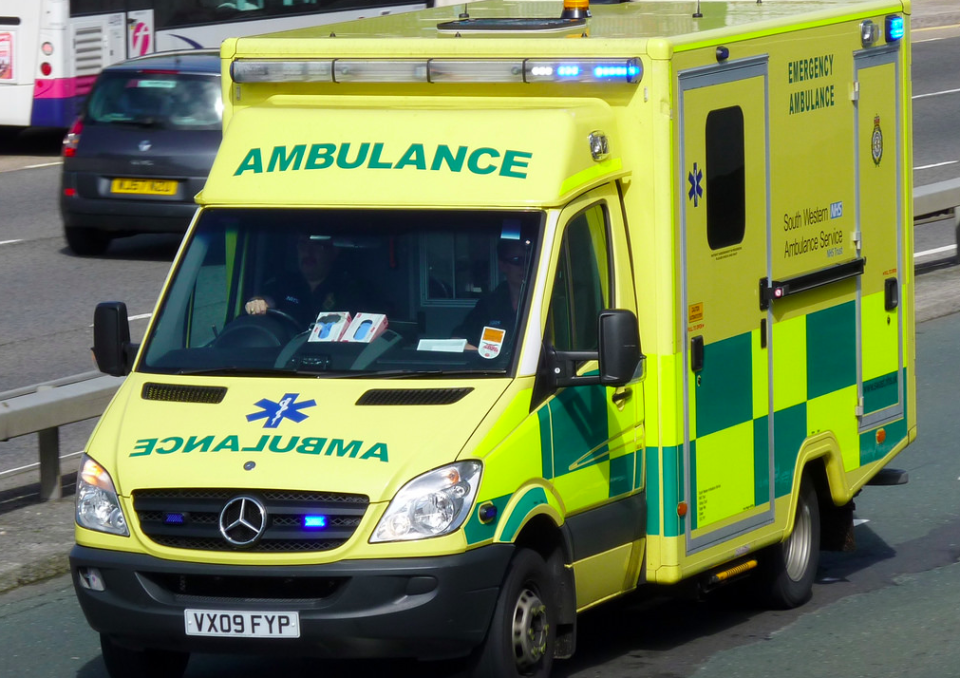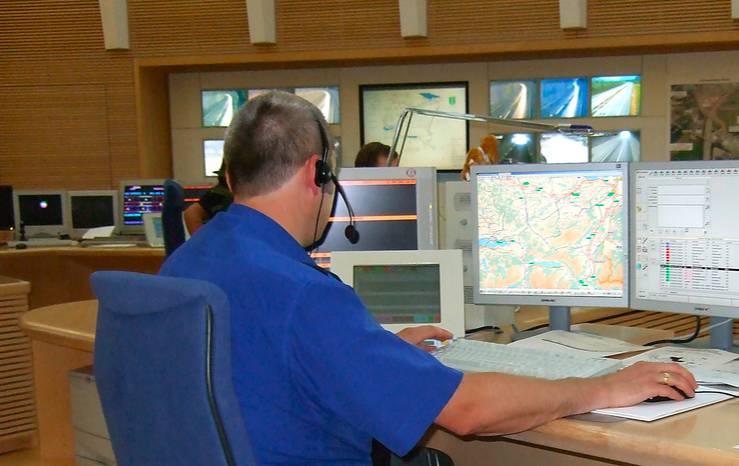Answering 999 calls needs urgent overhaul because ambulances 'are not taxis to A&E’ - report

A new report has recommended an urgent overhaul in how 999 calls are dealt with to stop ambulances being used as taxis to A&E.
A review by Lord Carter of Coles examined 10 ambulance trusts in England, suggesting improvements in assessing patients over the phone during emergency calls would help ease the strain on ambulance crews.
The Labour peer said ‘an ambulance is not a taxi to A&E’, as he called for the NHS fleet to be updated to ensure medics have access to patient records and the best technology while on the road.
The review said paramedics should treat more patients at the scene to reduce pressures on A&E and hospital beds.
As a result of these changes, Lord Carter believes the NHS could save £300 million a year by 2021, while a further £200 million of savings could be made between 2018 and 2021 by improving the infrastructure of ambulance trusts and staff productivity.

Lord Carter, non-executive director at NHS Improvement, said: ‘Too many patients are being unnecessarily taken to A&E by ambulances, putting further pressure on hospital services that are already on the back foot.
‘Not only is this financially costly, but it takes up staff’s time and means patients are having to spend time waiting in A&E when they should be recovering at home.
‘An ambulance is not a taxi to A&E.
‘Modern technology means that patients can often be treated at the scene. But an ageing ambulance fleet means that this is not always possible.’
READ MORE ON YAHOO NEWS UK
This is how much Apple’s new £1,249 iPhone actually costs to make
The shocking stat about cheating university students amid calls for ban on essay-writing firms
Driver’s miracle escape after giant concrete post impales his car
Woman’s warning after sex predator, 41, posed as Uber driver then groped her
I’ll call a general election: Corbyn brands a no-deal Brexit a ‘national disaster’
Scotland Yard applies for MORE cash in hunt for missing Madeleine McCann
The time an ambulance spends at hospital has increased from 27 minutes on average per patient to 35 minutes over the last decade, according to the report.
Delays during the NHS winter crisis, when ambulances were seen queuing outside A&Es with patients, cost trusts nearly £50 million, it said.
The report calls for the NHS to invest in up to 3,300 new ambulances in the next five years to ensure staff can care for patients at the scene.
Digital access to patient records should also be improved, it said, with most staff currently unable to find out valuable medical information to make informed decisions about care.

Miriam Deakin, deputy director of policy and strategy at NHS Providers, said: ‘We must recognise the role that ambulance services often play as the ‘front door’ for patients.
‘To be able to realise the levels of savings identified, we must address pressures in other parts of the health and care system.
‘Reducing unnecessary trips to hospitals in ambulances could save money, but it will require investment in other areas, for example in primary care, mental health and community services or social care.’
Health Minister Steve Barclay said: ‘Lord Carter’s vital recommendations are another step towards ensuring we have a modern ambulance service which helps paramedics offer more patients high-quality care at the scene.
‘By reducing variation across ambulance services, every penny of taxpayers’ money can be spent as effectively as possible, with savings reinvested to improve patient care, which is part of our long-term plan for the NHS.’

 Yahoo News
Yahoo News 
